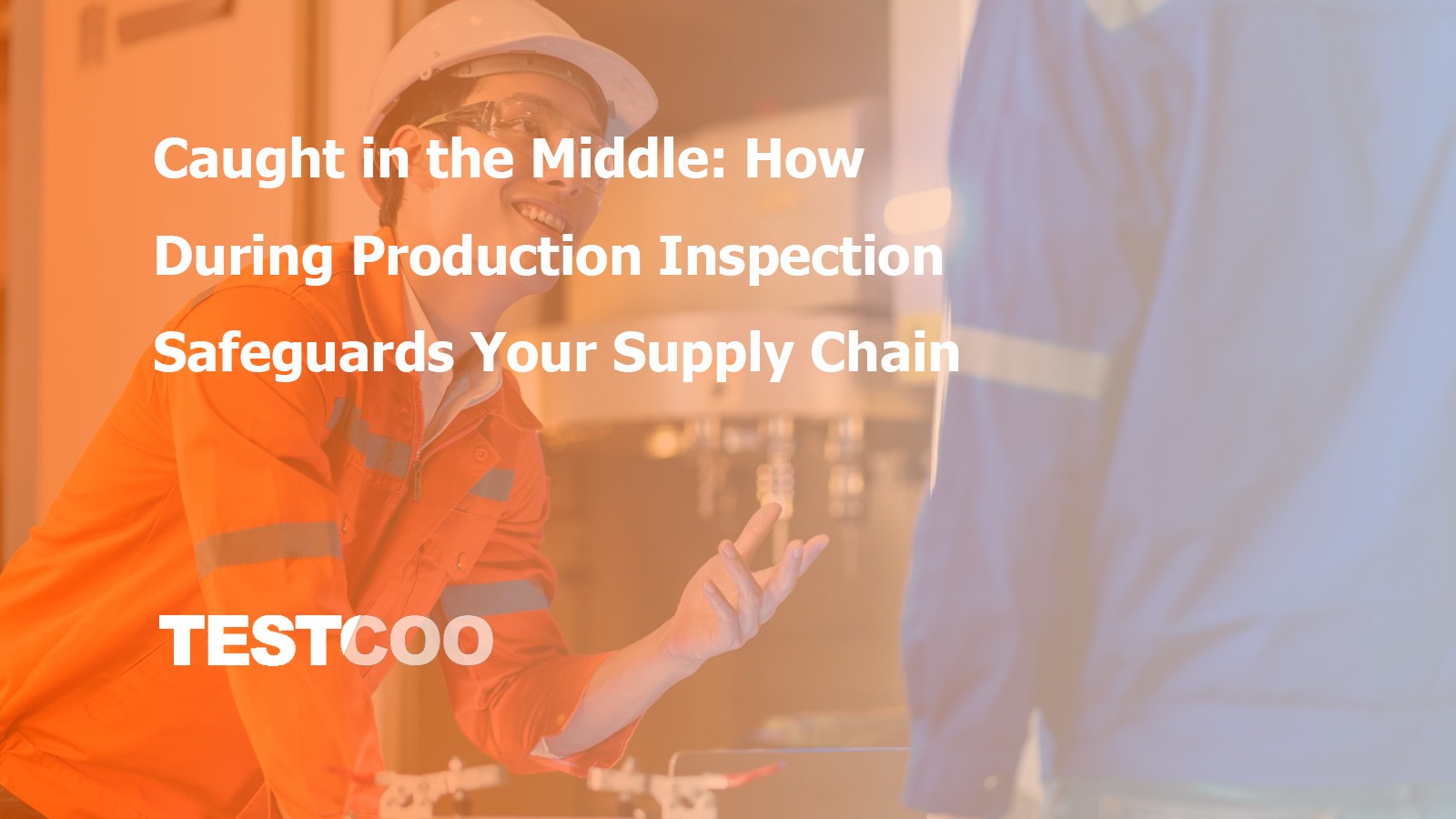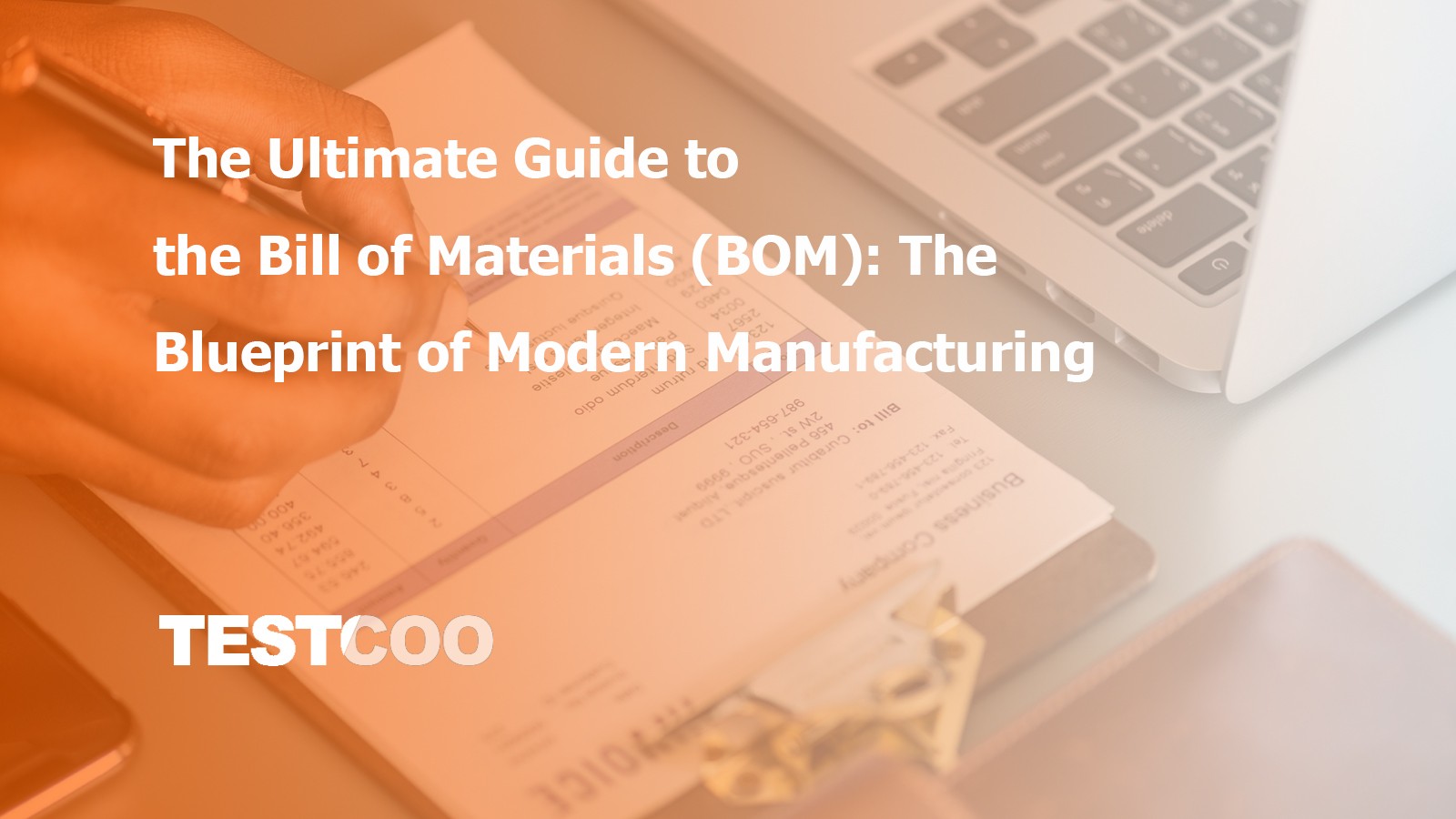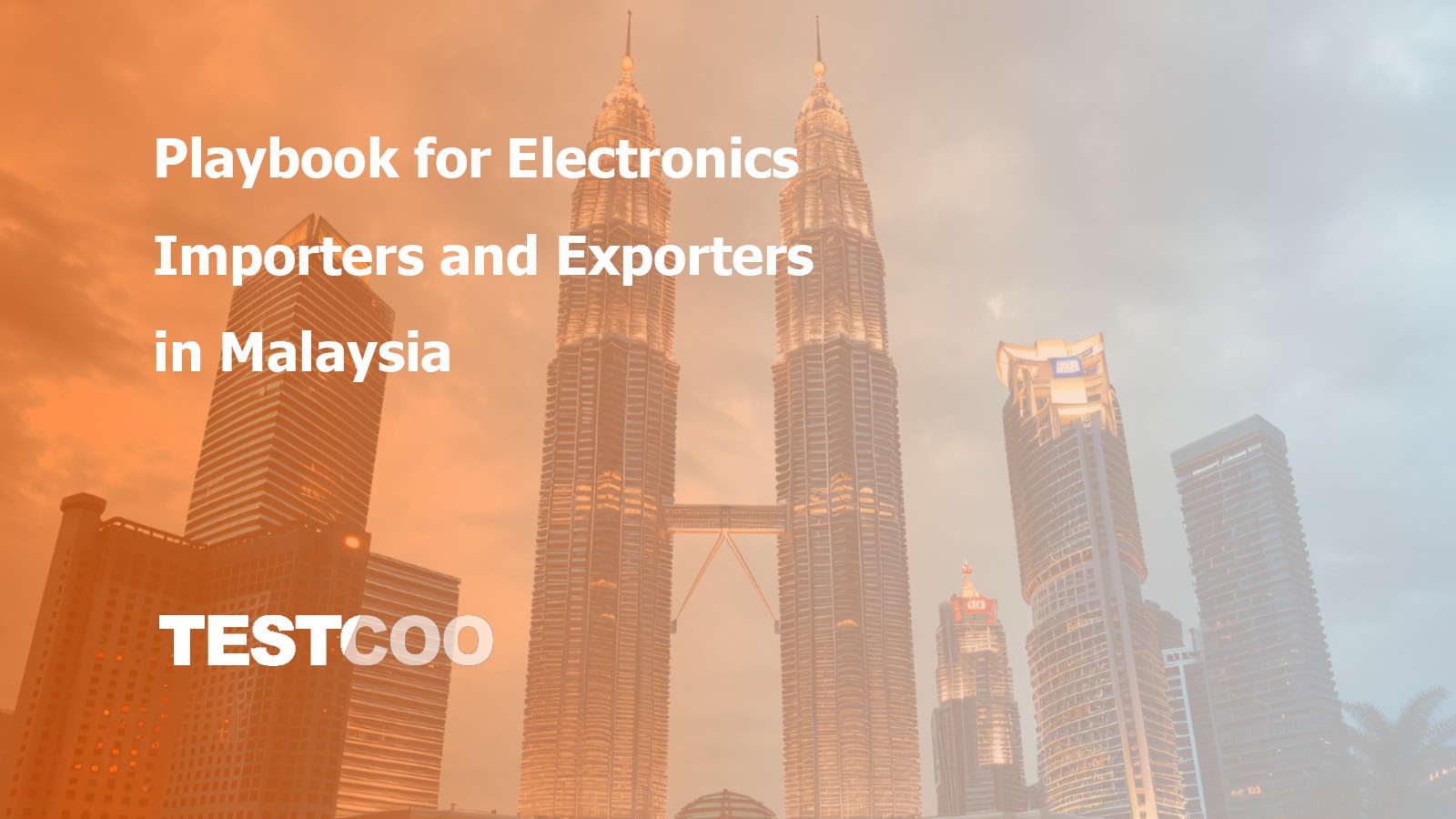Playbook for Electronics Importers and Exporters in Malaysia
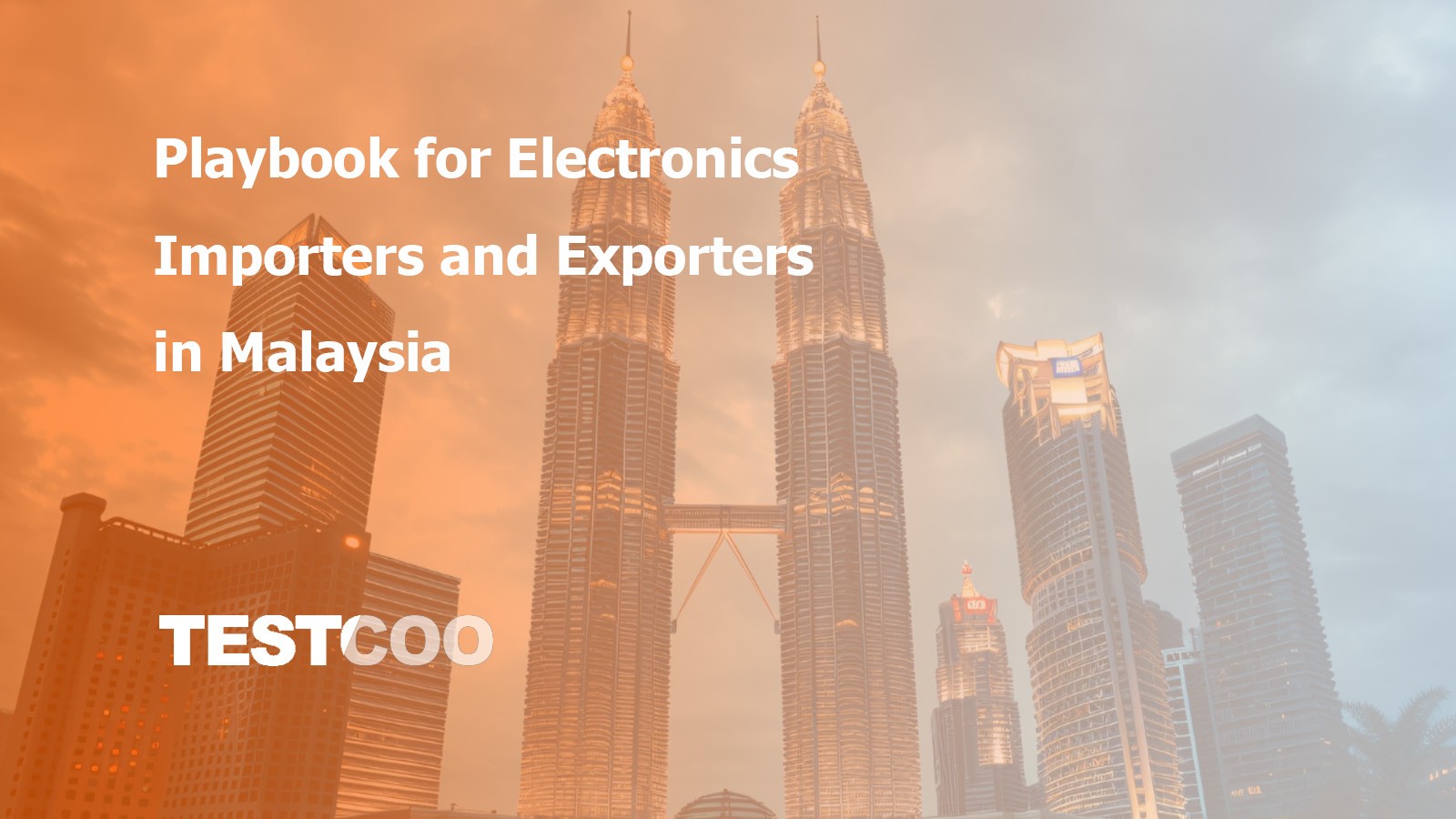
Given Malaysia's dual role as both an importing and exporting nation, quality inspection and compliance are of equal importance for electronics businesses. For importers, these processes verify supplier credibility and ensure products meet local regulations. For exporters, they guarantee that products are defect-free and compliant, building trust with overseas buyers.
In the competitive electronics market, inspections are key to enhancing business reliability. Testcoo offers tailored During-production Inspection (DUPRO), Final Random Inspection (FRI), and compliance verification services. These services reduce risks and boost confidence throughout the supply chain, supporting both importers and exporters in Malaysia's vibrant electronics trade ecosystem.
What risks do electronics importers face when entering Malaysia?
Electronics importers entering Malaysia encounter multiple risks that affect compliance, supply chain efficiency, and market reputation. In addition to the common issue of supplier inconsistency, they must adhere to local regulatory and product standards.
Key Regulatory and Standard Requirements
- Malaysian Standards (MS) : Most electrical and electronic products entering Malaysia require, which covers safety, energy efficiency, and electromagnetic compatibility (EMC). Non-compliant goods may be seized or denied customs clearance.
- Energy Efficiency Labeling (EEL): Certain electronic appliances must display an approved energy label to enter the Malaysian market. Without it, importers face fines or sales restrictions.
- Safety and EMC Testing: Products must conform to IEC/EN-based standards, such as IEC 60335 for household appliances, IEC 60950/62368 for ICT products, and IEC 61000 for EMC. Non-compliance can lead to product recalls.
- RoHS & Hazardous Substances: Though Malaysia lacks a standalone RoHS law, imported electronics are often screened for hazardous materials, especially if intended for resale in multinational retail chains.
Importers should utilize Final Random Inspection (FRI) and During-production Inspection (DUPRO) to ensure compliance before goods arrive. Testcoo's inspectors verify labeling, documentation, safety markings, and conduct sample functional tests in line with IEC, ISO, and SIRIM requirements, minimizing the risk of customs rejection or costly delays.
Read More: Electronics & Electricals Quality Control Services | Testcoo
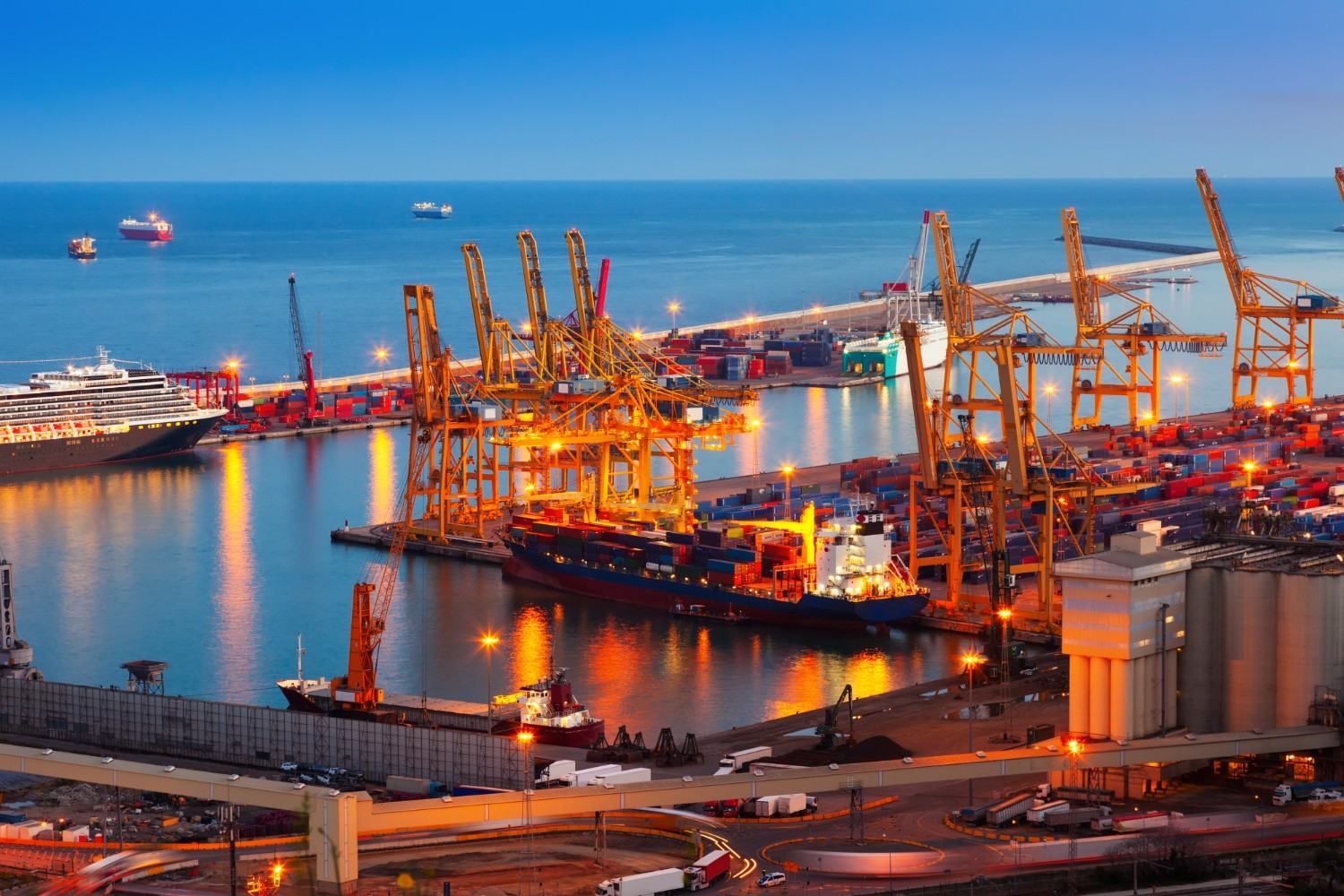
What risks do exporters face when shipping from Malaysia to global markets?
Malaysian exporters must ensure their electronics meet diverse and strict international buyer requirements. Non-compliance not only risks shipment rejection but also damages long-term buyer trust.
Main Challenges
- CE Marking (EU Market): Products must comply with the Low Voltage Directive (LVD, 2014/35/EU), EMC Directive (2014/30/EU), and often RoHS (2011/65/EU). Without these, exporters face rejections at EU borders.
- FCC Compliance (United States): Electronic devices emitting radio frequency energy must meet FCC Part 15 requirements. Failure to comply may result in shipment holds and fines.
- UKCA Marking (UK Market): Since Brexit, products must bear UKCA marking, aligning with the UK’s regulatory framework.
- Global Certifications: Depending on the destination, exporters may need additional certifications like CCC (China), PSE (Japan), or KC (South Korea).
- Functional and Reliability Risks: Even if documentation meets requirements, poor workmanship or hidden defects can lead to buyer claims, returns, or contract losses.
Exporters can mitigate risks through DUPRO inspections to detect defects early and FRI inspections to ensure the final batch meets IEC, ISO 9001, and specific destination standards. Testcoo supports Malaysian exporters by aligning inspection checklists with global buyer compliance frameworks (CE, FCC, RoHS, ISO, REACH) and providing independent reports trusted by buyers.
Read More:Product Inspection Builds Buyer Trust in Malaysia and Singapore | Testcoo
How can DUPRO benefit both importers and exporters?
- For importers: Use Utilize advanced quality control system to proactively manage supply chain risks. In-line inspections during production catch identify fix address early, preventing non-compliant shipments from reaching Malaysia. This cuts reduces related associated with customs penalties, and reputational harm, damage, importers uphold maintain high-quality and while complying with regulations and and meeting needs. expectations.
- For exporters: DUPRO's comprehensive quality assurance is key essential large-scale production. Rigorous pre-shipment testing ensures ensures that meet meet the stringent standards of buyers' buyers, costly rejections, delays, and disputes. This process enhances exporters' global reputation, streamlines transactions, and strengthens international partnerships.
Testcoo's real-time DUPRO reporting system revolutionizes electronics import-export operations by providing instant access to production data through advanced analytics and monitoring. It offers comprehensive visibility throughout the entire production cycle, enabling stakeholders to identify and resolve issues immediately. This reduces rework, saves time, and lowers costs. Additionally, its predictive capabilities optimize resource allocation and production planning, enhancing cost efficiency across the supply chain. Overall, the system improves product quality, customer satisfaction, and competitiveness in the global market.
Read More: During Production Inspection (DUPRO): A Complete Guide
Frequently Asked Questions (FAQs)
1.How do inspections benefit electronics importers in Malaysia?
They verify supplier quality and compliance, preventing costly customs delays.
Testcoo offers Final Random Inspection at source to ensure smooth entry into Malaysia.
2.Why are inspections critical for Malaysian exporters?
They confirm products meet global buyer requirements and reduce rejection risks.
Testcoo’s FRI reports provide credible proof for overseas buyers.
3.What is the difference between DUPRO and FRI?
DUPRO checks during production, FRI checks before shipment. Both are essential.
4.How fast are Testcoo’s inspection results delivered?
Within 24 hours, supporting fast decision-making and timely trade flows.
5.What are the different types of inspection?

Why is Final Random Inspection (FRI) the final safeguard?
- Importers: importers, the Inspection (FRI) is crucial. essential. checks ensures electronic shipments are accurately labeled with model numbers, serial numbers, and technical specs, specifications, guaranteeing with Malaysia's strict stringent safety and electromagnetic compatibility regulations. This reduces process minimizes the risk port delays, fines, or seizures. seizures. Additionally, the also verifies that are undamaged, properly packaged, and and accompanied by documents necessary documents, such as certificates of certificates test reports reports, thereby the import process for faster market entry.
- Exporters: exporters, Final Random Inspection (FRI) crucial essential Malaysian electronics manufacturers, protecting as it protects reputation and profits. Inspectors examine the final batch before shipment, performing conducting control checks like such as testing, design verification, and regulatory compliance checks. assessments. fixing identifying and resolving early, FRI cuts reduces rejections, saving exporters from return costs and legal disputes while maintaining preserving strong business relationships. It gives provides exporters with assurance that their products meet global quality standards, boosting thereby enhancing competitiveness.
Testcoo streamlines the Final Random Inspection (FRI) process for the Malaysian electronics trade with unmatched transparency. Our real-time, 24-hour reporting system ensures that importers and exporters receive immediate updates on their cargo's compliance status, eliminating cross-border uncertainties and providing seamless trade assurance.
Read More: Detailed explanation of FAI, IPC, DUPRO, FRI, PSI, CLC
How can inspections align with compliance requirements?
- Importer Assurance: Rigorous inspections meticulously assess compliance with Malaysia’s comprehensive regulatory framework, covering critical areas such as mandatory energy efficiency labeling, stringent safety protocols, and thorough documentation reviews. This proactive approach safeguards protects from potential legal pitfalls and ensures seamless market entry.
- Exporter Compliance: Our inspection processes rigorously verify adherence to global certifications, including CE, RoHS, REACH, FCC, and ISO standards. By preemptively proactively and rectifying addressing issues, we eliminate the risk of shipment delays and costly penalties, facilitating ensuring seamless to international markets.
Testcoo streamlines compliance procedures by integrating comprehensive regulatory checks into every inspection. This approach ensures that importers experience a seamless customs clearance process, while exporters benefit from unobstructed access to international markets.
How Can Inspection Improve On Time Delivery and Minimize Returns?
Missed deadlines and delayed returns can have far-reaching consequences for both electronics importers and exporters in Malaysia's highly competitive market. For importers, any delay in product delivery can result in significant financial losses and damage to their reputation. When products are held up at customs due to incomplete documentation, incorrect labeling, or regulatory non-compliance, the supply chain is disrupted, causing market delays and potentially leading to lost sales opportunities. Furthermore, if products fail inspection due to quality issues, safety concerns, or non-conformance with local standards, importers may face costly rework, recalls, or legal penalties.
On the other hand, exporters bear the brunt of buyer dissatisfaction when shipments arrive defective or damaged. In the electronics industry, where precision and reliability are paramount, a single defective product can erode brand trust and confidence. This can lead to order cancellations, loss of future business, and negative reviews that damage the exporter's reputation in the global market. Moreover, the costs associated with handling returns—including shipping, inspection, and repair or replacement—can significantly impact the exporter's bottom line.
Testcoo recognizes the critical importance of timely and accurate inspections of electronics supply chains. With a flexible scheduling system and an extensive network of experienced inspectors throughout Malaysia, Testcoo ensures inspection slots are readily available to meet the specific needs of importers and exporters. By offering same-day or next-day inspection services, Testcoo minimizes delays and helps maintain a smooth flow of goods in the supply chain. Their rigorous inspection processes, which comply with international standards and industry best practices, guarantee that products meet the highest quality and safety requirements, reducing the risk of returns and ensuring timely delivery. This approach not only helps importers and exporters avoid costly disruptions but also enhances their competitiveness in the global electronics markets.
How to Choose the Right Partner?
As a pivotal regional trade hub and leading export economy, Malaysia serves as a linchpin in the global electronics supply chain, managing over 12% of Southeast Asia's total electronics trade volume. This strategic position highlights the critical importance of stringent quality assurance protocols, which are fundamental to maintaining the nation's reputation as a reliable trading partner.
For electronics importers and exporters operating within this dynamic ecosystem, implementing professional inspection methodologies is not merely a best practice, but a strategic imperative for maintaining market competitiveness and industry credibility. These inspections should adopt a comprehensive approach, encompassing everything from raw material verification and in-line production monitoring to final product testing against international standards such as IEC 60068 and ISO 9001. By rigorously adhering to these procedures, businesses can mitigate risks related to product recalls, regulatory penalties, and brand reputation damage, thereby safeguarding their long-term viability in domestic and international markets.
Leveraging Testcoo's comprehensive inspection services provides distinct advantages across the trade spectrum. Importers can rely on our meticulous compliance checks to ensure incoming products meet Malaysia’s regulatory standards, minimizing risks associated with non-compliance. Meanwhile, exporters benefit from our independent quality certifications, which enhance their credibility in international markets and foster stronger buyer trust. By partnering with Testcoo, businesses can optimize supply chain efficiency, mitigate operational risks, and drive long-term sustainable growth.
Free Sample Report Performance Quality Control
Download a sample report to keep control of your supply chain!
Featured Articles
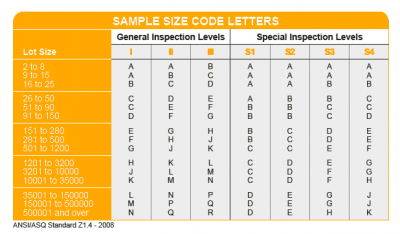 AQL Table | How to Read It
AQL Table | How to Read It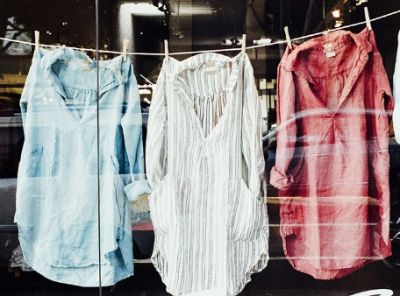 TOP 10 Common Defects in Garments Quality Inspection
TOP 10 Common Defects in Garments Quality Inspection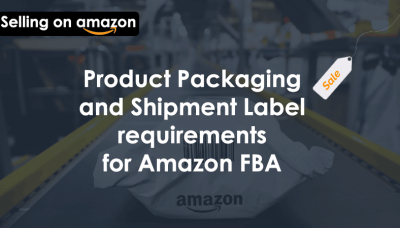 Product Packaging and Shipment Label requirements for Amazon FBA
Product Packaging and Shipment Label requirements for Amazon FBA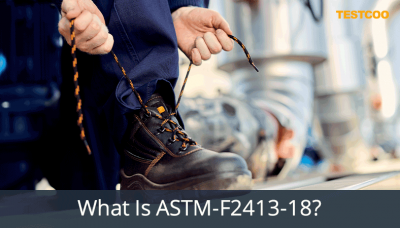 What Is ASTM-F2413-18? Protective Footwear Standard
What Is ASTM-F2413-18? Protective Footwear Standard How to Conduct Third-Party Quality Control Inspections for Electric Scooters
How to Conduct Third-Party Quality Control Inspections for Electric Scooters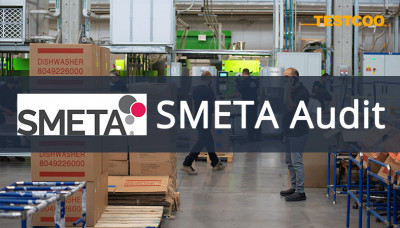 SMETA Audit-What is SMETA Audit?
SMETA Audit-What is SMETA Audit?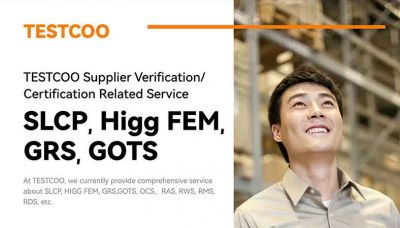 TESTCOO Supplier Verification/Certification Service SLCP, Higg FEM, GRS, GOTS
TESTCOO Supplier Verification/Certification Service SLCP, Higg FEM, GRS, GOTS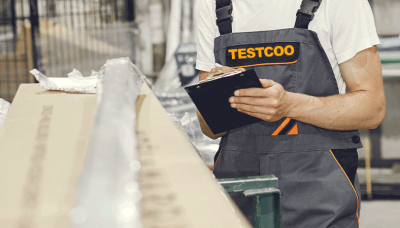 Quality Control Inspection Company in China
Quality Control Inspection Company in China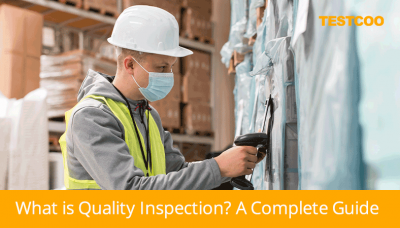 What is Quality Inspection? A Complete Guide
What is Quality Inspection? A Complete Guide Guidelines for Product Inspection in India
Guidelines for Product Inspection in India
Category
- Production Inspection Service
- Factory Audit
- Softline Inspection
- Hardline Inspection
- Electrics Inspection
- Certification
- Checklist
- Manufacturers
- Quality Assurance Basics
- Products Recall
- AQL
- Guidence and Standard
- News
- Supplier Management
- Amazon
- Protective Equipment
- e-commerce quality control
- Indian Manufacturing
- Soft Goods Quality Control
- Supply Chain Management
- Supply Chain Resilience
- E-Commerce Quality Control
- ISO 2859
- Supply Chain Optimization
- Garment Industry
- Higg Index

